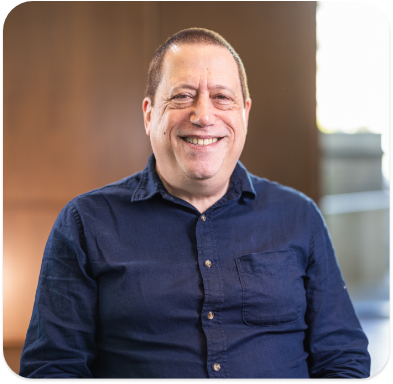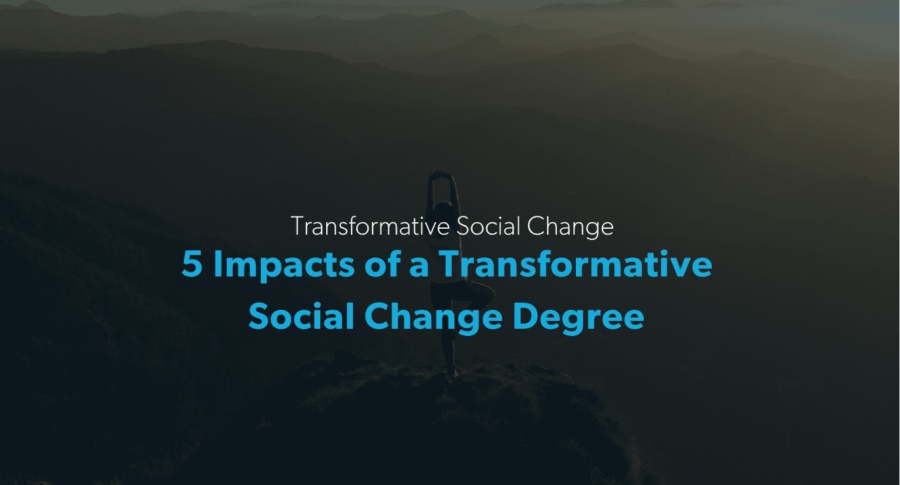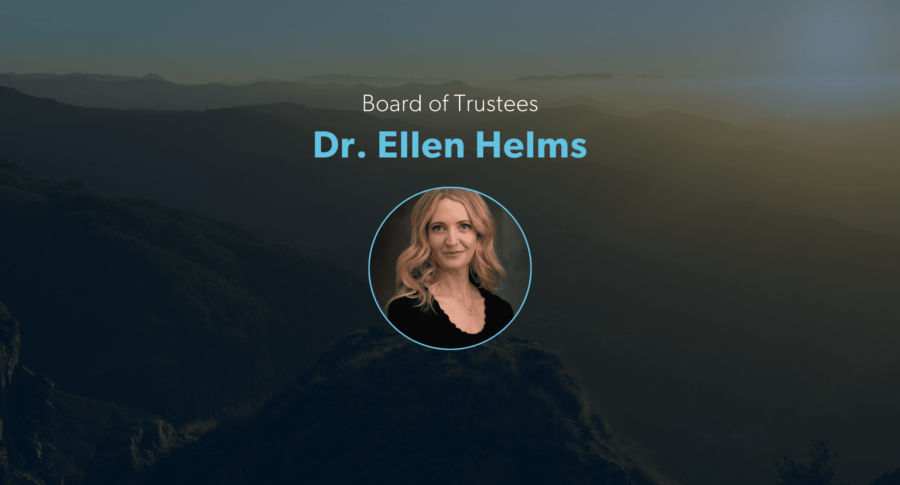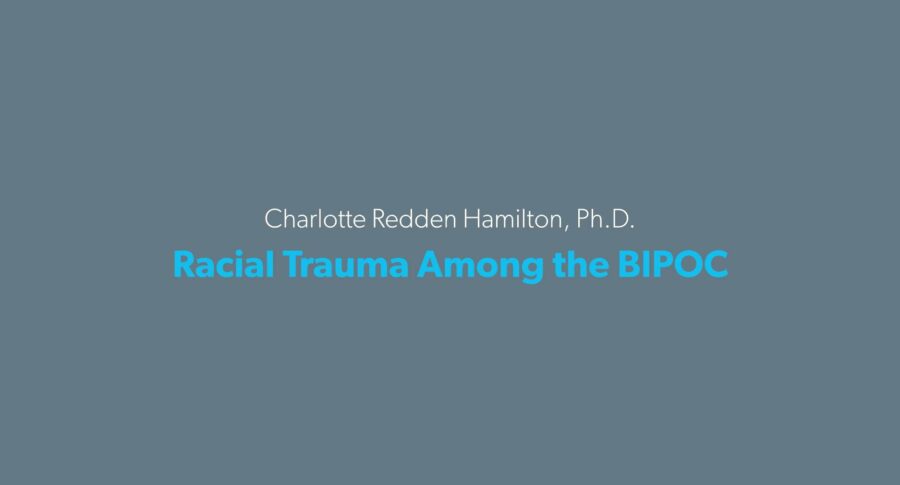Hope into Action, Action Into Impact
Grounded in humanistic values to help you inspire hope and create meaningful change, the online Ph.D. in Transformative Social Change program provides you the capacities and perspectives to become a successful advocate, educator, and leader. Guided by faculty with years of research and advocacy experience, you will explore processes that promote social cohesion and democratic collaboration and effective social transformation strategies. In this Ph.D. program, you will evaluate varied global, multicultural, multi-generational, social, and environmental perspectives, culminating with the self-directed area of research to which you wish to contribute.
You will also have the opportunity to participate in qualitative and/or quantitative data collection and scholarly writing, incorporating a variety of perspectives into your work, including but not limited to:
- Transformative social change interventions
- Theory and practice of nonviolence
- Social activism, community organizing, conflict resolution, and peacebuilding
- Socially engaged spirituality
- Immigration and refugee trauma and resiliency
Issues and subject matter areas closest to you can be pursued through our curriculum. Below are some examples of past research topics in the Transformative Social Change online doctorate program:
- Democratic processes within municipal meetings and how to use new media technologies to expand democratic representation
- Enhancing communication across the rural-urban divide
- Developing a racially responsive policing procedure in a U.S. community
- Educating high-school students about climate change that transform despair into hope and action
- The effects of gentrification on broader community inequality and development
Transformative Social Change Ph.D. Job Outcomes
Upon completion, you will have an enhanced set of capacities and deepened perspective to augment your current practice or expand into other roles and settings. Roles may include:
- Program or policy director at a nonprofit organization
- Human rights advocate
- Community builder or organizer
- Environment and social justice advocate
- Program developer
- Educator
- Researcher
Other Transformative Social Change Programs
Interested in another program within Transformative Social Change? We offer multiple programs that may align more closely with your goals.
- Ph.D. in Transformative Social Change
- M.A. in Transformative Social Change
Program Components
Admissions Requirements
To apply for the Ph.D. in Transformative Social Change program, you must submit the following documents:
- Application for admissions
- An official transcript from an accredited university demonstrating successful completion of a master’s degree, with a 3.0 GPA or better
- Professional resume or CV
- Personal statement
- One letter of recommendation
Invest in Your Future
Saybrook University remains committed to keeping higher education affordable and accessible. Our Financial Aid Department is ready to offer guidance and support in determining suitable financial assistance tailored to your needs, including potential scholarship opportunities, grants, and more.
Cost
Saybrook wants you to have the information you need to make an informed decision about your academic and career aspirations. Our cost calculator provides an estimated cost of attending Saybrook to earn your Ph.D. in Transformative Social Change degree.
Sample Courses
Global Civil Society Activism and Social Change
This course will explore the role of global social movements and other civil society efforts in support of transformative change. The course will review current and historical efforts toward global solidarity, including movements in support of human rights, multicultural inclusion, social justice, ecological sustainability, and peace. The course will focus on exploration of initiatives-from local to transnational- that address issues, social problems and social goods through a global lens. It will also provide an opportunity to explore solidarity, including intersectional solidarity, across various social movements.
Gender and Society
This three-credit course reviews theoretical insights regarding gender from disciplines including gender studies, sociology, psychology, and international relations to consider the significance of gender as a category of social analysis. Particular attention will be given to how gender structures personal identities, families, work contexts as well as institutions such as public education and the military. You will also consider how developing a critical understanding of gender can help you in your role as a change agent within their relationships, communities, workplaces, and in broader society.
Organizing for Community Health & Well-Being
This course will provide an overview of concepts, practice and research related to community health presented within a social change framework. Community Health refers to non-clinical approaches for improving wellness, preventing disease and reducing health disparities through addressing social, behavioral, environmental, economic and medical determinants of health in a given population. In this course, students will use an interdisciplinary lens to example how social environment‐including policies, politics, and power‐can produce unhealthy circumstances such as poverty, pollution, dangerous working conditions, and modes of food production which critically impact collective health. Students will then examine case studies and conceptual frameworks of liberatory social movements to identify ways that everyday citizens utilize their power to advocate for transformative change at individual, institutional, and policy levels. Finally, students will explore how they might practically apply intersectional organizing strategies in their own professional roles to promote health and well-being within communities.
Catalog
Please refer to our academic catalog for more information on the Ph.D. in Transformative Social Change program.
Career Outcomes
According to the Bureau of Labor Statistics, the job outlook for qualified psychologists is expected to grow much faster than average. As public awareness builds regarding the connection between mental health and overall health, licensed clinical psychologists may find careers in education, nonprofits, social agencies, and private-sector organizations. They will be challenged to address the needs of many populations, including students, seniors, military personnel, veterans, prisoners, parolees, first responders, and those suffering from chronic illness and substance abuse.
Saybrook University prepares you to make an impact in a variety of high-demand careers. Below, you will find possible career options and salaries associated with this degree.
Data is pulled by a third-party tool called Lightcast, which includes data from sources including the U.S. Bureau of Labor Statistics, the U.S. Census Bureau, online job postings, and other government databases. The information below represents a regional and national career outlook related to this degree program*. Saybrook University is dedicated to assisting you in achieving your career goals.
*Many degree programs are intended to fulfill licensure requirements in specific states. The data shown here may not represent the state where you currently reside. For more information on how this program is applicable to the requirements of your state, please speak with your admissions specialist.
University Learning Experience
Our Ph.D. in Transformative Social Change program is a hybrid online program. While the core of this program is completed asynchronously, there are some required synchronous, online features designed to deepen your educational experience. We call this a Virtual Learning Experience (VLE). In addition to the VLEs, you will begin your studies with a virtual Welcome Week. Welcome Week activities, including a program orientation, are held online during the week before the start of Fall and Spring semesters. You are also required to attend Community Learning Experiences (CLE), in-person gatherings once every two years, where the entire Saybrook community comes together to connect face-to-face.

Transformative Social Change Faculty
Saybrook’s Transformative Social Change faculty are practitioner-scholars dedicated to advancing their field through continued practice and comprehensive instruction. Meet some of our faculty members below.

- Project Director/Co-Author, The Choices and Consequences Evaluation
- Member, Academic Council of the American Friends of Combatants for Peace
- Specialist in globalized movements for social justice, human rights, peace and democracy
- Writing published in Common Dreams, the Los Angeles Times, Tikkun Magazine, UNESCO International Clearinghouse on Children and Violence on the Screen, among others
UNBOUND: Transformative Social Change
In today’s world of social, economic, and environmental turbulence, it can feel as if everyday citizens are left to fend for themselves. Despite these concerns, there are many around the world who are working for positive change. This is the focus of Saybrook University’s programs in transformative social change. Hope does exist, and Saybrook is eager to empower those who are ready to act on it, providing you with the capabilities to lead the transformations this world needs.


Saybrook University Appoints Alumna and Social Justice Advocate Ellen Helms to its Board of Trustees

Ready to Take the Next Step?
Submit an inquiry and one of our admissions specialists will connect with you to answer your questions and guide you through next steps.
























